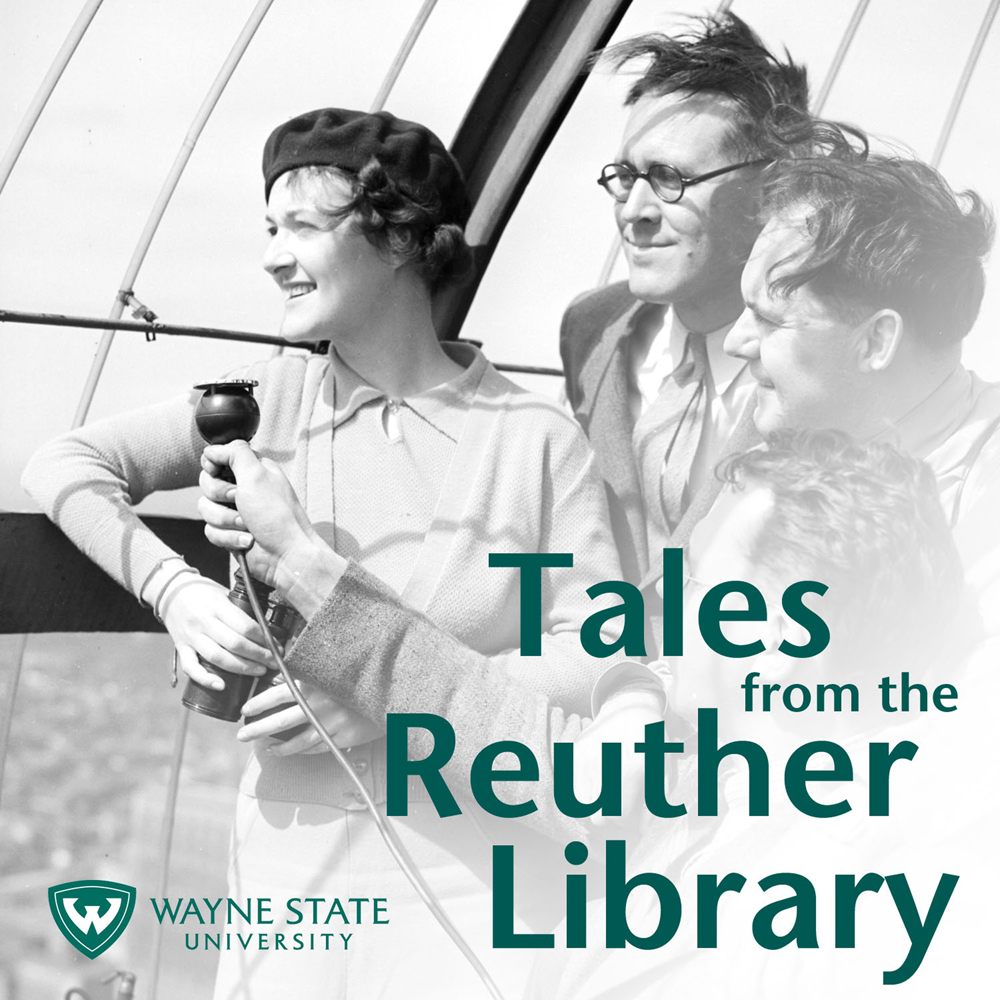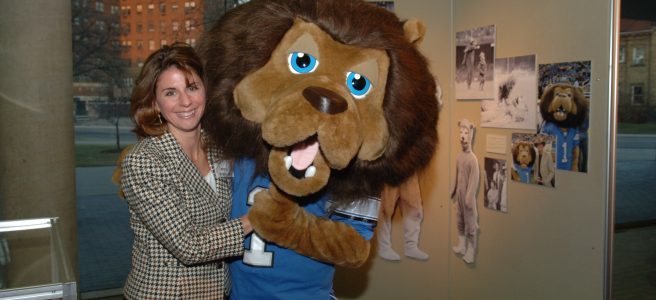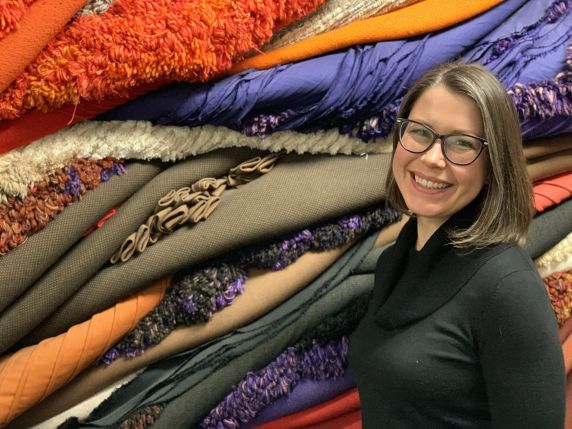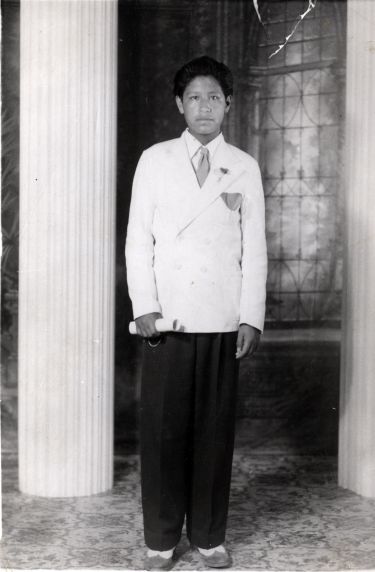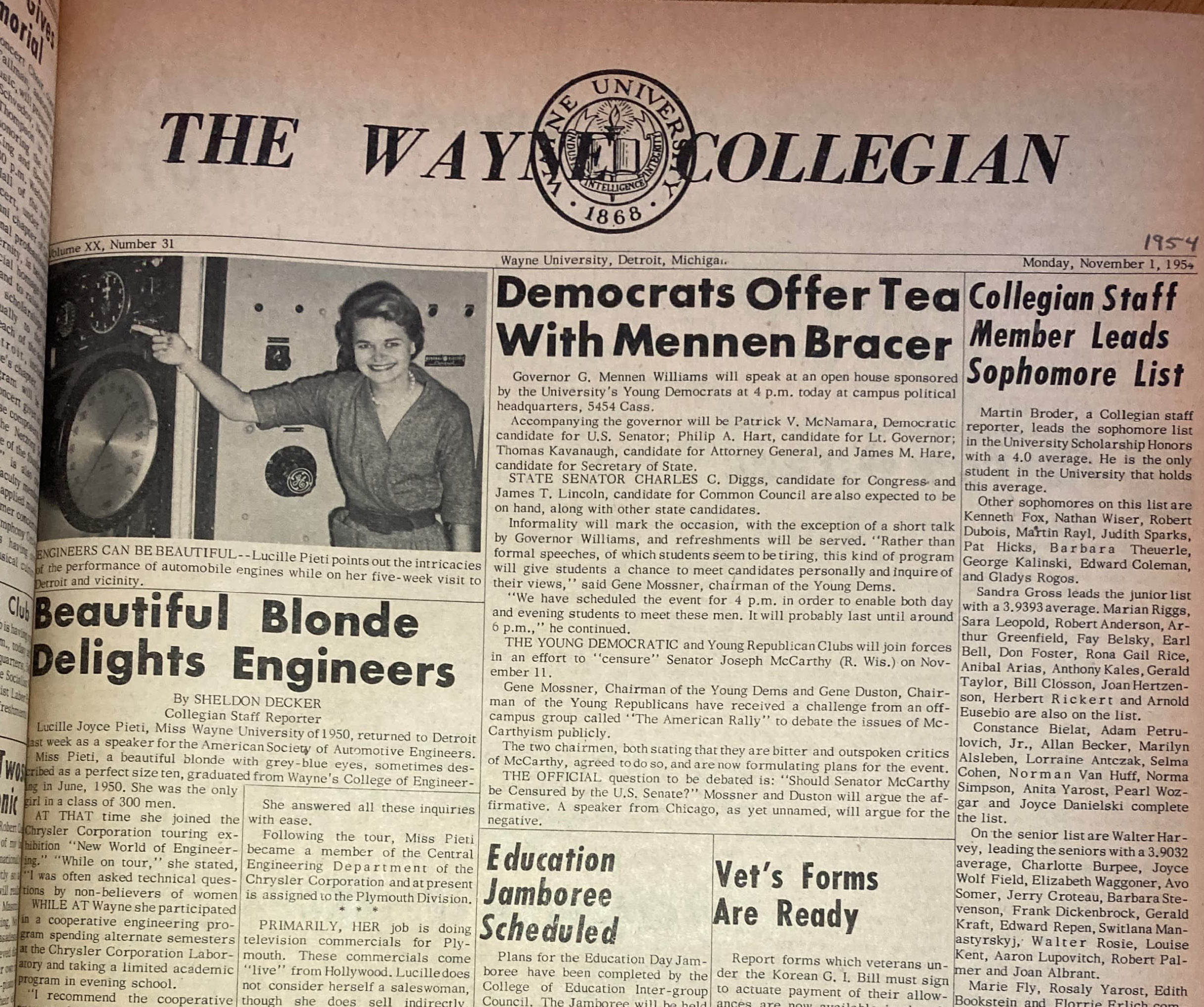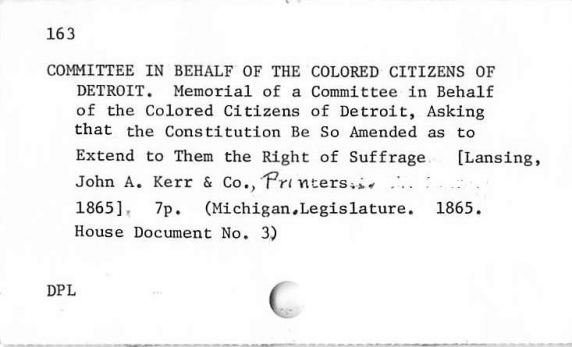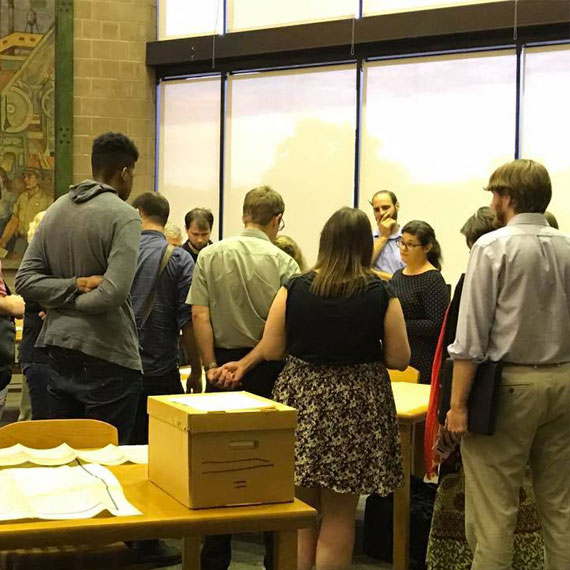Dr. Keith Wunderlich shares the life and legacy of D.L. Holmes, athletic director of what is now Wayne State University from 1917 though 1958. With a meager budget and outdated equipment, Coach Holmes nurtured a generation of track and field Olympians and world record holders in Detroit, regardless of race, ethnicity, or religious background. Wunderlich is co-author of Coach of Champions: D.L. Holmes and the Making of Detroit’s Track Stars.
Related Resources:
Coach of Champions: D.L. Holmes and the Making of Detroit’s Track Stars
Related Collections:
Wayne State University Collegian Newspapers (WSR001897)
Wayne State University Yearbooks (WSR002149)
Episode Credits
Interviewee: Keith Wunderlich
Producers: Dan Golodner and Troy Eller English
Music: Bart Bealmear
Podcast: Play in new window | Download | Embed
Subscribe: Apple Podcasts | Spotify | Android | Podchaser | RSS | More
